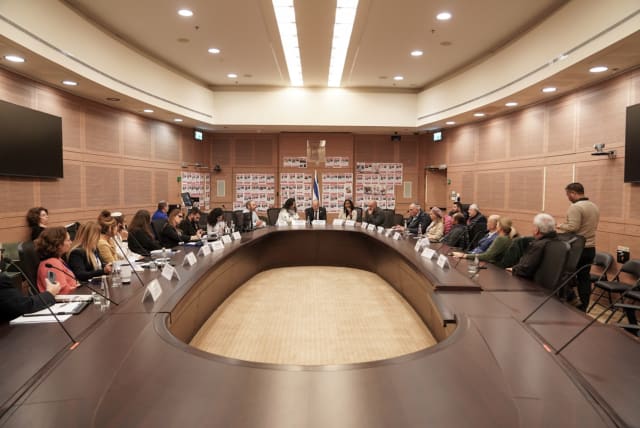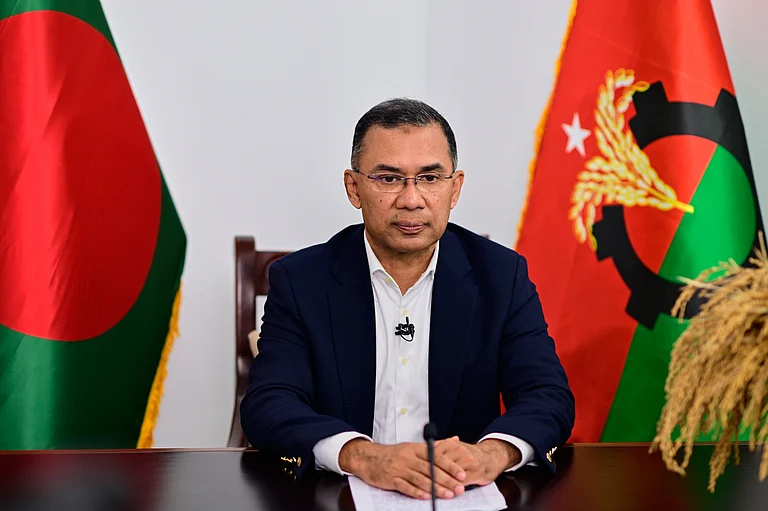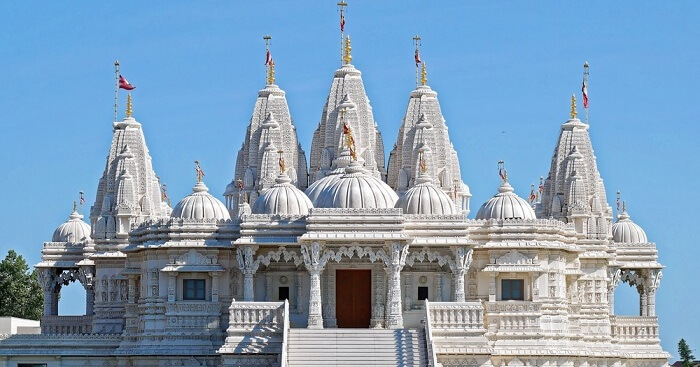Approximately 5,500 members of the Bnei Menashe community currently reside in India, hoping to start new lives in Israel. The recent tragedy near a synagogue, resulting from a missile strike, has underscored the precariousness of their situation and intensified the urgency for their relocation
In the aftermath of a missile attack that claimed the lives of seven members of the Bnei Menashe community in northern India on January 1, there is mounting pressure on the Israeli government to expedite their immigration process. The community, which has long awaited the opportunity to move to Israel, is now facing heightened insecurity in India, prompting urgent calls for immediate action.
Approximately 5,500 members of the Bnei Menashe community currently reside in India, hoping to start new lives in Israel. The recent tragedy near a synagogue, resulting from a missile strike, has underscored the precariousness of their situation and intensified the urgency for their relocation.
MK Oded Forer, the chairman of the Immigration, Absorption, and Integration Committee, stressed the historical significance of promoting the immigration of the remaining community members in India, stating, “Israel is making a historical mistake by not promoting the immigration of the remaining members of this community in India.”
-
The Jewish Agency pledged its support for the immigration process, emphasizing the need to prepare a suitable infrastructure for the absorption of the Sons of Manasseh community
-
MK Moti Yogev highlighted the necessity of a government decision to facilitate the community’s relocation to Israel, engaging all relevant government ministries and units in the absorption processes
Various political figures have voiced their support for the Bnei Menashe immigration. MK Penina Tamano emphasized the need for a comprehensive support program that addresses the diverse needs of individuals of all ages, urging the avoidance of channeling them into specific job sectors.
MK Shlomo Goatah proposed settling the community in agricultural communities rather than urban centers, aiming to correct historical injustices and integrate the Bnei Menashe throughout the country.
The Foreign Affairs Ministry has recommended a low-profile immigration process to mitigate potential criticism of interfering in India’s internal affairs. Michal Vilertal, head of the Asia division at the ministry, stated, “We recommend their immigration to Israel, but in a low-profile manner to avoid criticism of interfering in India’s internal affairs.”
The Jewish Agency pledged its support for the immigration process, emphasizing the need to prepare a suitable infrastructure for the absorption of the Sons of Manasseh community. MK Moti Yogev highlighted the necessity of a government decision to facilitate the community’s relocation to Israel, engaging all relevant government ministries and units in the absorption processes.
************************************************************************
Readers








